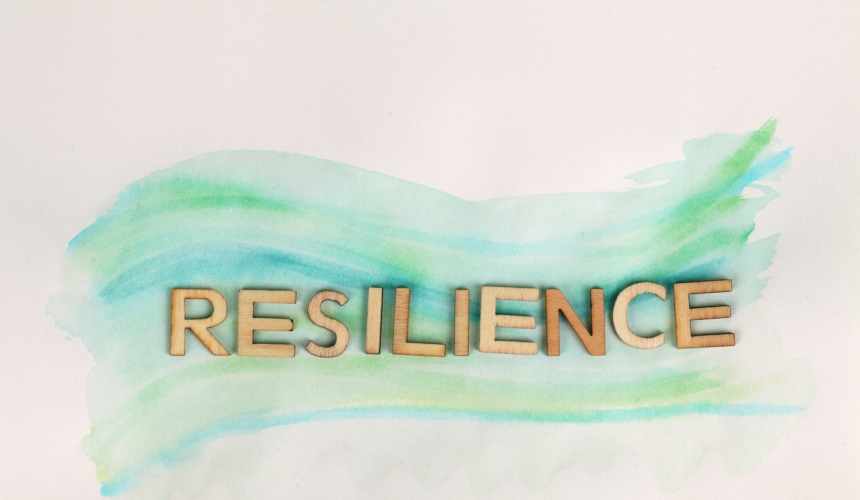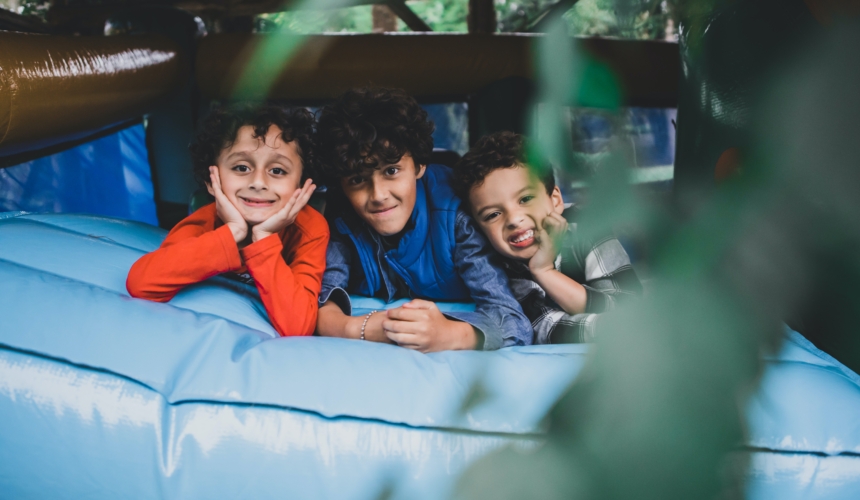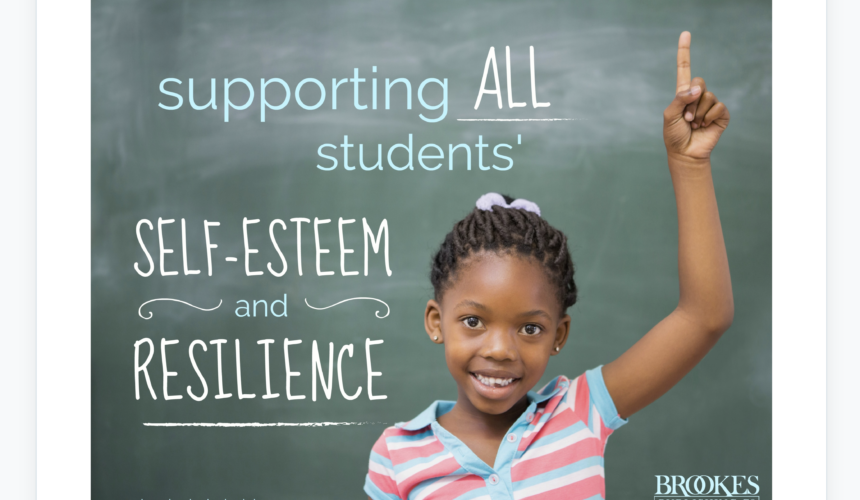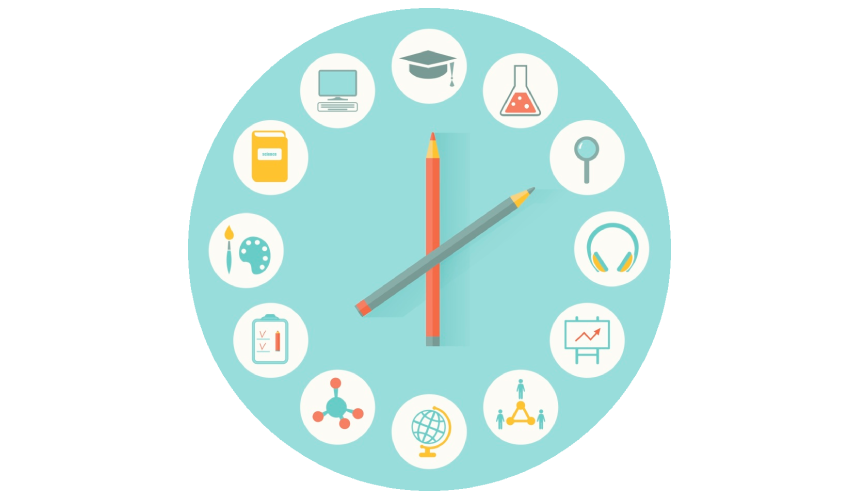

“If you have to break it down to one thing, resilience rests, fundamentally, on relationships.”
Dr Suniyah Luth
Resilience is a personality trait commonly referred to as the ability to ‘bounce back’ in the face of adversity, and has become an important component in the theory of wellbeing.

Resilience can be a tricky concept to explain as it is actually several things interacting together at any given time. We can begin by examining personal resilience, which is characteristic of a person’s personality, their environment that they inhabit (including support structures and negative influences), and how all of these things interact at any given time when faced with adversity. We can see here the limitations of the ‘bounce-back-ability’ definition of resilience, as some children may not simply be facing one adverse situation but also long-standing adversity such as poverty or discrimination.
Resilience therefore is contextual; a child who is resilient to adversity in one area may not be resilient in another. Similarly, a child who is usually resilient in a particular area may struggle to be as resilient as they might have usually been due to certain circumstances in their environment.
We cannot always control what occurs in a young person’s family, community or social group, but we can try to influence and support how a young person copes with adversity. We can begin by understanding the characteristics of personal resilience, i.e. the interpersonal skills a young person might improve which help them to be more resilient in a wider range of adverse situations. The most-researched theory of personal resilience focuses on 3 core mechanisms:
Sense of Mastery
A sense of mastery is a young person’s own feeling of competence or self-efficacy. A young person who believes themselves to be competent in situations is more likely to create opportunities to interact, and importantly can enjoy these interactions with their environment. In turn, this further increases self-efficacy and a sense that challenges can be surmounted.
Sense of Relatedness
A sense of relatedness is a young person’s sense of their own ability to engage in positive relationships. This is believed to be influenced by a young person’s early experience of attachment with their primary care giver. A good sense of relatedness means a young person is more likely to seek help with adversity and be able to access the many benefits of positive interactions with others.
Emotional Reactivity
Emotional reactivity is the speed and intensity of a young person’s negative emotional response. This is essentially about a young person’s ability to emotionally regulate. A young person that is adept at managing their own emotions is able to persevere longer in the face of adversity.

Adversity is not necessarily a bad thing in itself; it allows young people to challenge themselves, learn, and develop the coping skills needed for healthy adult lives. In order for adversity to be helpful, we need the interpersonal resources to navigate through it and positively integrate what we have learned from such experiences.
However, it is idealistic to apply this to all adversity; some adversity is of a severity and/or duration that it becomes virtually impossible to navigate, becoming traumatic and disruptive to wellbeing (for example a sudden bereavement or a history of abuse). Still, with time and support, young people who have had extremely negative experiences can build resilience and forge positive coping mechanisms for the future.

One of the risks of not building resilience is the tendency for young people to avoid any adverse situations in fear of not being able to cope. This limits the chances to develop their emotional and social skills, therefore slowing development of the resilience required for healthy functioning.
We learn resilience through our environment, therefore our environment partly shapes our personal capacity for resilience. For example, ACEs or adverse childhood experiences are a common measure of adverse situations which a young person may have experienced or currently continues to experience in their environment. As mentioned, it is how a young person interacts with their environment – but especially in regard to their relationships – that inform their personal resilience.
Teacher wellbeing
As with all matters of wellbeing, taking time to focus on areas such as resilience helps to build an outlook that feeds into the interactions a teacher has with the young people they support. Whilst we are preparing ourselves to help others we must also look after ourselves. We’ve got some advice and guidance on this in the teacher wellbeing section.
Building resilience
A core component of resilience is emotional regulation. Getting young people to think about what emotions are and how they change can be a useful exercise. This can be done by creating an emotional planner. Ask your class to draw out a simple chart showing how their emotions changed throughout the previous day. Talk to the class about how it is normal for our emotions to change across the day as we experience different stresses; it’s how our bodies function and are designed to deal with changing demands. Ask young people what can they think of that might help in difficult times and write these down. Then get them to work as a class to help an example of a young person having a particularly difficult day to get through it using the solutions they have just created. You can download the My Emotions graph from our resources section to help with this.
Resilience is a personality trait commonly referred to as the ability to ‘bounce back’ in the face of adversity, and has become an important component in the theory of wellbeing.
Resilience skills can be developed by enhancing 3 core mechanisms: Sense of Mastery – a young person’s own feeling of competence or self-efficacy, Sense of Relatedness – a young person’s sense of their own ability to engage in positive relationships, and Emotional Reactivity – the speed and intensity of a young person’s negative emotional responses.
Having these skills can prevent young people from avoiding difficult situations out of fear that they cannot cope. Such avoidance limits the chances to develop their emotional and social skills, therefore slowing development of the resilience required for healthy functioning.
A core component of resilience is emotional regulation. Talk to the class about how it is normal for our emotions to change over the day as we experience different stresses.
( resources found)
































How useful was this info?
Click on a star to rate it!
![]()
© Copyright Breathe 2020- 2024
Terms and Conditions | Privacy Policy
supporters & partners 



![]()
